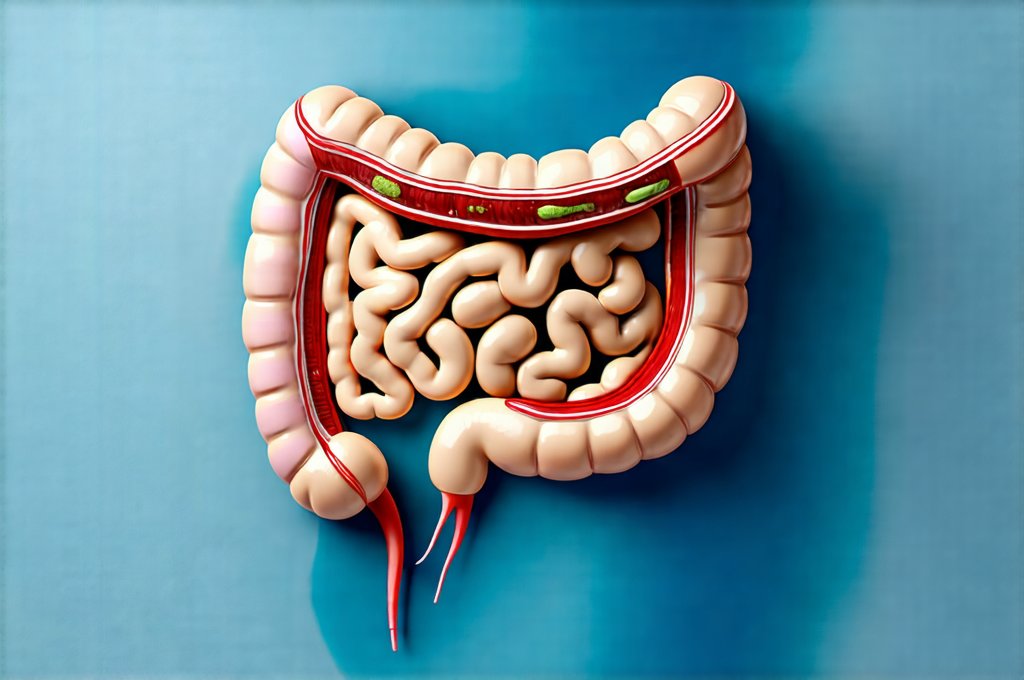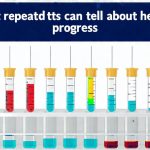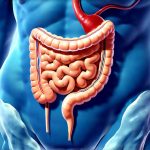Gut health is increasingly recognized as fundamental to overall wellbeing, moving beyond digestive comfort into realms like mental health, immunity, and chronic disease prevention. For individuals embarking on gut-focused treatment plans – whether guided by a healthcare professional or self-directed with informed research – accurately tracking progress isn’t merely about observing symptom relief; it’s about understanding the complex interplay between dietary changes, lifestyle adjustments, and the body’s response. Many factors influence gut health, making evaluation nuanced and requiring a holistic approach that goes beyond simple ‘better’ or ‘worse’ assessments.
Traditional medical evaluations often focus on diagnosing specific conditions like Irritable Bowel Syndrome (IBS) or Inflammatory Bowel Disease (IBD), but many individuals seek gut support for less defined issues – bloating, fatigue, skin problems, even mood fluctuations – where objective markers are scarce. This is where diligent self-monitoring and a robust tracking system become invaluable tools. A well-designed approach to tracking empowers patients to actively participate in their healing journey, providing valuable data for healthcare providers and fostering a deeper understanding of individual needs and sensitivities. It’s about shifting from reactive symptom management to proactive health optimization.
Understanding the Landscape of Gut Health Tracking
Tracking progress in gut-focused treatment plans isn’t one-size-fits-all. The methods employed should be tailored to the individual’s specific concerns, goals, and treatment plan. A person with diagnosed IBS will have different tracking priorities than someone aiming to improve overall digestive wellness. The key is consistency and detail. A sporadic, vague record of “feeling better” offers little actionable insight; a detailed log that captures nuances in symptoms, dietary choices, stress levels, and other relevant factors provides a much richer picture. This allows for identification of patterns, triggers, and the effectiveness of different interventions.
Several categories of data are commonly tracked: symptom severity, dietary intake, lifestyle factors (sleep, exercise, stress), and potentially – depending on access to testing – biometric data. Dietary tracking can range from simple food diaries to detailed nutrient analysis using apps or working with a registered dietitian. Lifestyle factors are often underestimated but play a huge role; chronic stress, poor sleep, and lack of physical activity all negatively impact gut health. The goal isn’t to create an overwhelming burden, but rather a sustainable system that provides meaningful data without being overly time-consuming.
It’s also crucial to recognize the potential for placebo effect and subjective bias in self-reported symptoms. While self-assessment is vital, it shouldn’t be the sole basis for evaluating progress. Regular check-ins with a healthcare professional are essential to validate findings and adjust treatment plans as needed. Furthermore, understanding that gut healing isn’t linear – setbacks and fluctuations are normal – is important for maintaining motivation and avoiding discouragement. If you or someone you know is struggling with GERD, learning about gerd in teens can be a helpful starting point.
Symptom Tracking: Beyond “Good” or “Bad”
Symptom tracking forms the cornerstone of many gut-focused plans, but it must go beyond simple subjective assessments. Instead of just noting “bloating,” a more detailed approach involves rating the severity of bloating on a scale (e.g., 1-10), describing its characteristics (e.g., location, timing in relation to meals), and identifying potential triggers. Consider using validated symptom questionnaires specific to gut disorders – for example, the IBS Severity Scoring System (IBS-SSS) if you’ve been diagnosed with IBS – though these are best used under professional guidance.
A comprehensive symptom log might include: – Abdominal pain (location, intensity, type) – Bloating and gas – Bowel movement frequency and consistency (using the Bristol Stool Scale is helpful) – Nausea or vomiting – Heartburn or reflux – Fatigue levels – Skin manifestations (e.g., rashes, eczema) – if relevant to your condition Tracking symptoms in relation to specific events – meals, exercise, stressful situations – can reveal valuable patterns and potential triggers that wouldn’t be apparent otherwise.
Furthermore, recognizing the interconnectedness of gut health and mental wellbeing is crucial. Tracking mood fluctuations, anxiety levels, or sleep quality alongside physical symptoms provides a more holistic picture and highlights the bidirectional relationship between the gut-brain axis. This detailed symptom tracking isn’t about obsessing over every discomfort; it’s about gathering data to inform treatment decisions. Understanding antacids in GERD can also help manage some symptoms.
Dietary Tracking: The Foundation of Gut Support
Diet plays an undeniably central role in gut health, making accurate dietary tracking essential for identifying sensitivities and optimizing nutrition. Simple food diaries are a good starting point, but they can be prone to inaccuracies and omissions. Modern apps like MyFitnessPal or Cronometer offer more detailed nutrient analysis and can help identify potential deficiencies or excesses. However, focusing solely on macronutrients (proteins, fats, carbohydrates) is insufficient; tracking fiber intake, resistant starch consumption, and the types of fats consumed are also important.
A common approach in gut-focused treatment plans involves elimination diets – temporarily removing potentially problematic foods to assess tolerance. Tracking dietary changes during an elimination phase requires meticulous attention to detail, documenting all foods consumed, as well as any associated symptoms. When reintroducing foods, it’s crucial to introduce one food at a time and monitor for reactions before adding another. This methodical approach helps pinpoint specific sensitivities.
Beyond identifying intolerances, tracking dietary patterns can reveal areas for improvement. Are you consistently consuming enough fiber? Are you adequately hydrated? Are you relying heavily on processed foods or sugary drinks? Dietary tracking isn’t about restriction; it’s about informed choices and optimizing nutrition to support gut health. It also helps ensure adherence to any specific dietary recommendations made by a healthcare professional, such as low-FODMAP diets for IBS management. For those facing GI cancers, treatment options are constantly evolving.
Lifestyle Integration: The Missing Piece
While diet often takes center stage in gut-focused treatment plans, lifestyle factors are equally crucial – and frequently overlooked. Stress management, sleep hygiene, and regular physical activity all profoundly impact the gut microbiome and overall digestive function. Tracking these elements provides a more complete picture of progress and allows for targeted interventions. This doesn’t necessarily require complicated monitoring; simple daily logging can be highly effective.
Consider tracking: – Sleep duration and quality (using a scale or sleep tracker) – Stress levels (using a subjective rating scale or mindfulness practice log) – Physical activity type, duration, and intensity – Social connections and engagement – as social isolation can impact wellbeing Tracking these factors alongside symptom data can reveal powerful correlations. For example, increased stress might consistently correlate with heightened bloating, highlighting the need for stress management techniques. Similarly, improved sleep quality might be associated with reduced abdominal pain.
Integrating lifestyle adjustments into your routine is often more sustainable than restrictive diets. Focusing on small, achievable changes – like incorporating a daily walk or practicing mindfulness for 10 minutes – can yield significant benefits over time. This holistic approach recognizes that gut health isn’t isolated; it’s deeply interwoven with all aspects of wellbeing. Exploring targeted therapy may offer additional support for cancer patients, and sometimes surgery in GI cancer is necessary. Additionally, some find relief through acupuncture for IBS. And remember, acid reflux in children requires special attention and care.


















